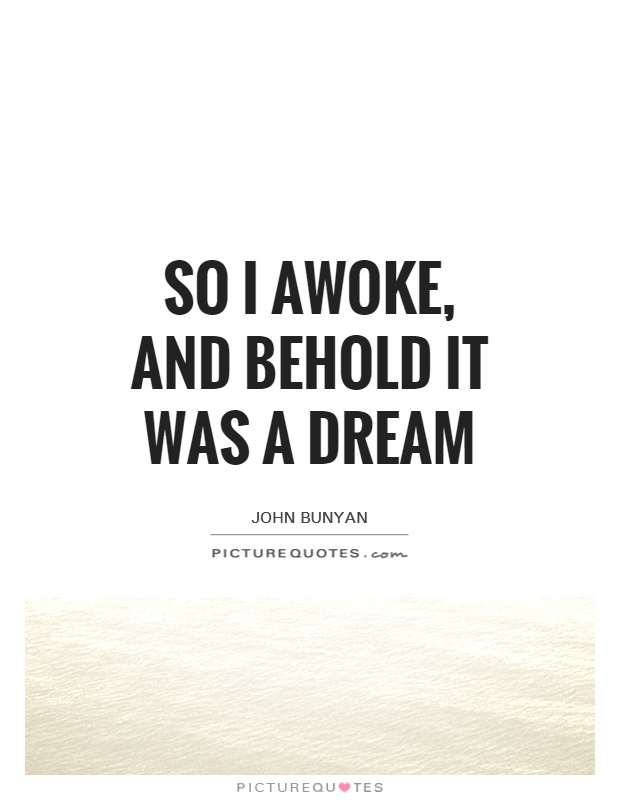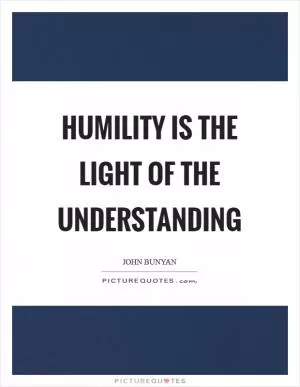So I awoke, and behold it was a dream

So I awoke, and behold it was a dream
John Bunyan was a prolific writer and preacher in 17th century England, best known for his allegorical work "The Pilgrim's Progress." In this iconic piece of literature, Bunyan tells the story of Christian, a man on a journey from the City of Destruction to the Celestial City. Along the way, Christian faces numerous trials and temptations, but ultimately finds salvation and eternal life.One of the most famous lines from "The Pilgrim's Progress" is "So I awoke, and behold it was a dream." This line comes at a pivotal moment in the story, when Christian realizes that the trials and tribulations he has faced on his journey were not real, but merely a dream. This realization serves as a powerful metaphor for the Christian life, reminding readers that the struggles and hardships we face in this world are temporary and fleeting, while the promise of eternal life with God is real and everlasting.
Bunyan's use of dreams and visions in "The Pilgrim's Progress" is a reflection of his own spiritual journey. As a young man, Bunyan struggled with feelings of guilt and unworthiness, convinced that he was destined for damnation. It was only through a series of vivid dreams and visions that he came to understand the grace and mercy of God, and found peace in his salvation.












 Friendship Quotes
Friendship Quotes Love Quotes
Love Quotes Life Quotes
Life Quotes Funny Quotes
Funny Quotes Motivational Quotes
Motivational Quotes Inspirational Quotes
Inspirational Quotes